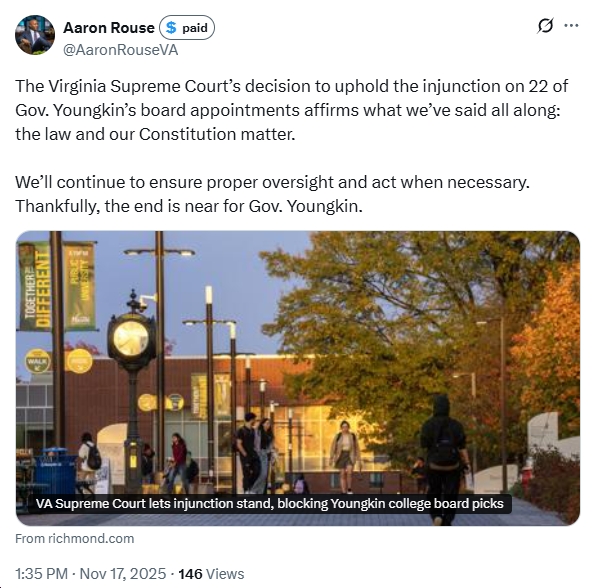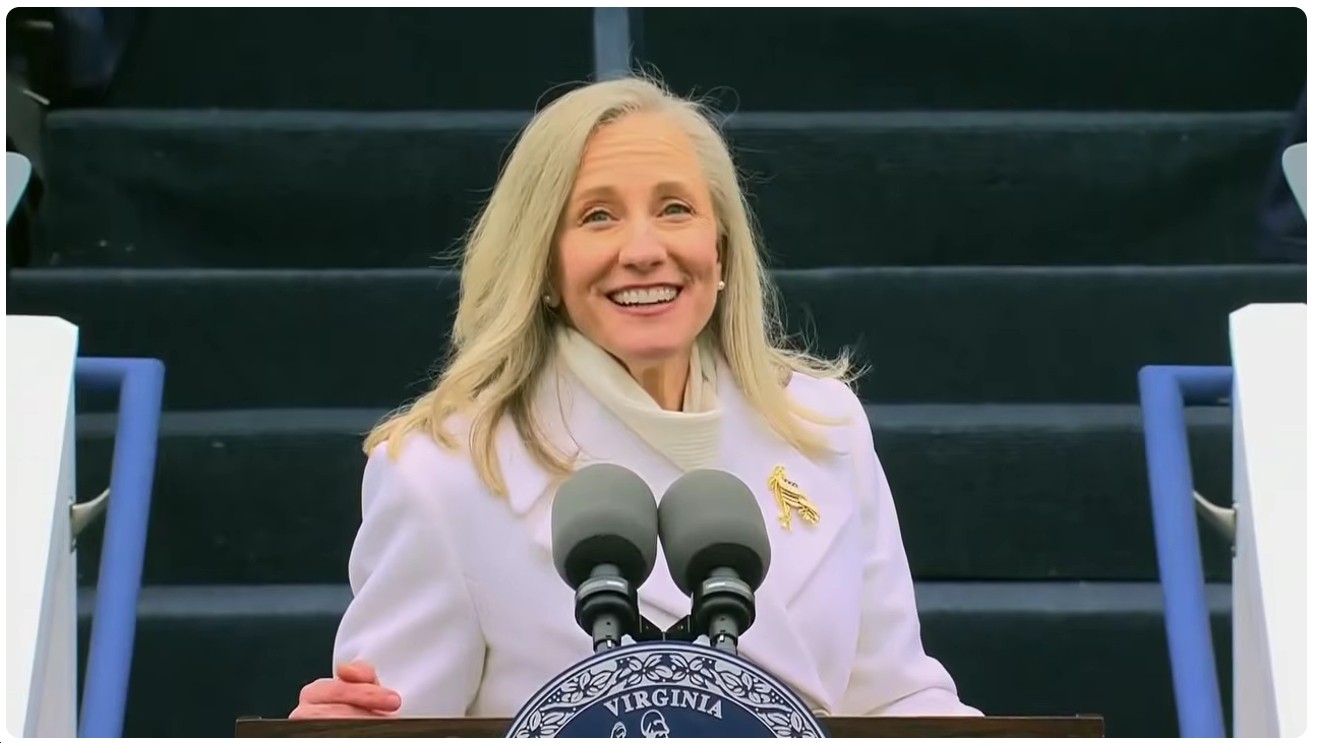From the VA Senate Democratic Caucus:
Fact Versus Fiction: Senate Democrats Lay Out the Truth on Public Education in Virginia
RICHMOND, Va.: Today, the Virginia Senate Democratic Caucus released a report laying out the myths and truths about education in the Commonwealth.
Majority Leader and Finance K-12 Education Subcommittee Chair Dick Saslaw said: “Senate Democrats have consistently advocated for increased funding for Virginia’s public schools–because we believe in putting our money where our mouth is, particularly when it comes to the next generation of Virginians. That’s why in the Senate budget introduced earlier this year, we proposed record public school funding including pay raises for teachers and money for education infrastructure modernization.”
Caucus Chair Mamie Locke said: “For centuries, non-white children have been sidelined when it comes to receiving a quality education. From the enduring legacy of redlining and historically underfunded school divisions to the current attempts to whitewash school curricula, the issue of race and identity has always created a battleground out of our public schools. Senate Democrats have worked to address these disparities through educator cultural competency training, ending the school to prison pipeline, and promoting empathy and understanding amongst Virginia’s students. Our dedication to Diversity, Equity and Inclusion will remain steadfast–especially with Governor Youngkin and his fellow Republicans choosing to fight ignorance with more ignorance.”
President Pro Tempore and Education & Health Committee Chair Louise Lucas said: “The Senate Democrats’ vision for the future of public education in Virginia is clear based on legislation we have introduced. We prioritize every student’s success by paying our teachers more, renovating dilapidated education infrastructure, ensuring safety in our schools, promoting fairness and equity, and expanding state-funded support positions so individualized learning can be a reality for all children. We are dedicated to Virginia’s future, even if Governor Youngkin is not, and will remain a brick wall against any attempts to dismantle the world-class education system Virginia boasts.”
K-12 Education Subcommittee Chair Ghazala Hashmi said: “The backbone of education is our teachers. Throughout the pandemic, our educators have been doing more with less–with the added expectations of remote learning, navigating evolving expectations about an increasingly complex world, and maintaining safe and productive spaces for our children to learn. Senate Democrats have worked to ensure we can recruit and retain the best teachers through increased salaries and bonuses, and have expanded teacher licensure regulations to help address the shortage of teachers we are seeing in Virginia and nationwide. If our students are to compete in the economy of the future, we have to support the people who support them.”
Senator Jennifer McClellan said: “As a mom of two Richmond Public Schools students, I am deeply appreciative of the hard work that Virginia teachers, support staff and administrators put in every day to help our children. They don’t need cherry-picked statistics from the Governor–they need a real commitment to undo decades of underfunding Virginia’s K-12 public schools. Children cannot learn in schools that are falling down, don’t have air conditioning, or are riddled with mold or asbestos. And we cannot fix our youth mental health crisis without investing in more counselors and support staff. Governor Youngkin is looking at the symptoms instead of the cause: Virginia’s education challenges have nothing to do with teaching about equity, and everything to do with underfunding. It’s time for Governor Youngkin to lead the charge and fix that.”
BACKGROUND:
2022 Legislation
Enacted:
- SB68 Favola – Provisional teacher licensure, international educators
- SB154 Locke – Licensure reciprocity for military spouse educators
- SB238 McPike – School division maintenance reserve tool
- SB616 Lucas – Virginia Literacy Act of 2022; reimagines literacy learning to be based upon evidence and science, and implements microcedentialing of reading specialists
- SB738 Morrissey – Implements instruction for high school students on post-graduation opportunities, including college and career paths
Killed by the House of Delegates:
- SB156 Hashmi – Increases SOQ positions to 22 full-time + one per 1,000 students identified as having limited English proficiency
- SB472 McClellan – Allows localities to impose an additional local tax to fund school renovation or construction
- SB481 McClellan – Allows localities to use unexpended local funds for school maintenance, renovation, and construction
- SB662 Lucas – Asks the Department of Education to include educators’ race and ethnicity data as well as educator data on proficiency in languages other than English in School Quality Profiles
Waiting on budget action:
- SB471 McClellan – Literary Fund loan application; opens process, increases maximum funding amounts
- SB473 McClellan – Allocates Gaming Proceeds Fund revenues to the School Construction Fund and Program
- SB490 McClellan – Increases SOQ staffing requirements to at least 4 specialized student support positions per 1,000 students
2021 Enacted Legislation
- SB1196 Locke – Teachers and other licensed school board employees; cultural competency training
- SB1225 Boysko – Enables school boards to appropriate funds for broadband services
- SB1257 McClellan – Increases SOQ staffing requirements to at least 3 specialized student support positions per 1,000 students
- SB1439 McClellan – excused absence – civic engagement
2020 Enacted Legislation
- SB71 Lucas – Adds educational institutions to the list of public buildings where firearms are prohibited
- SB161 Boysko – Directs the Department of Education to develop model policies for school boards regarding the treatment of transgender students
- SB170 Locke – Requires data regarding incidents between students and school resource officers be collected and published
- SB232 Boysko – Requires schools to provide menstrual supplies free of charge to students
- SB238 Barker – Requires all public kindergarten students attend school full-time
- SB275 Barker – Allows for students who have been placed in foster care to continue public school enrollment up to age 22
- SB323 Barker – Allows students to substitute a foreign language class requirement with a computer science class
- SB392 McPike – Requires testing and reports of clean water in public schools
- SB410 Hashmi – Requires public school buildings to implement water cleanliness management programs
- SB578 Howell – Establishes under the Department of Education a statewide public-private early childhood care and education system
- SB600 Lucas – Removes several Acts related to the segregation of students in public schools
- SB619 Deeds – Requires implementation of mental health awareness training for public school employees
- SB680 Mason – Extends timeline of provisional licenses for teachers employed by schools for students with disabilities
- SB845 Ebbin – Requires local school boards to develop and implement testing and remediation of mold in public school buildings
- SB853 Boysko – Creates the Culturally Relevant and Inclusive Education Practices Advisory Committee tasked with reviewing the history and social science SOL requirements and professional development of school personnel to culturally relevant and inclusive education practices
- SB880 Locke – Requires, beginning in the 2021-2022 school year, for every division to hire one school counselor for every 325 students
- SB888 McClellan – Establishes the Commission on School Construction and Modernization to address education infrastructure failures and offer remediation
- SB910 Hashmi – Increases the ratio of teachers to English language learners within the Standards of Quality
- SB933 Favola – Develops a process for evaluation and support for students with limited or interrupted formal education


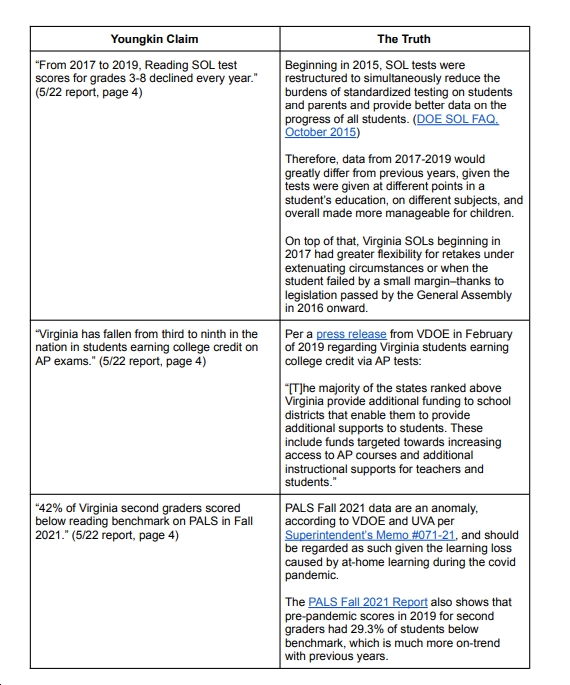
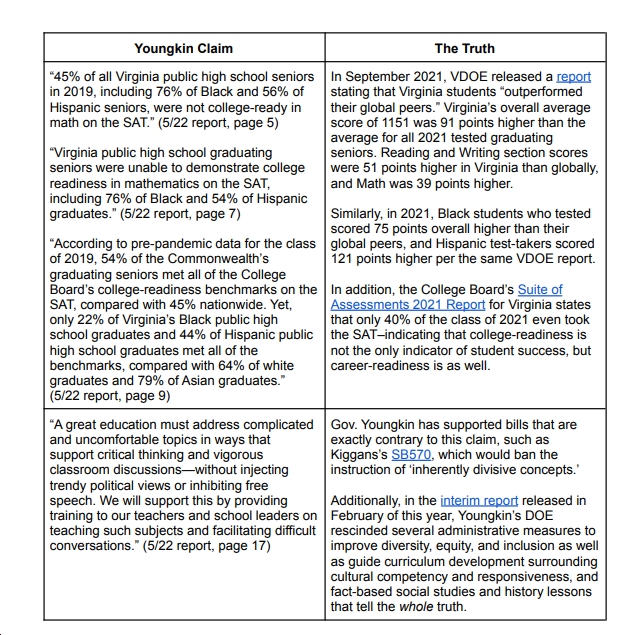

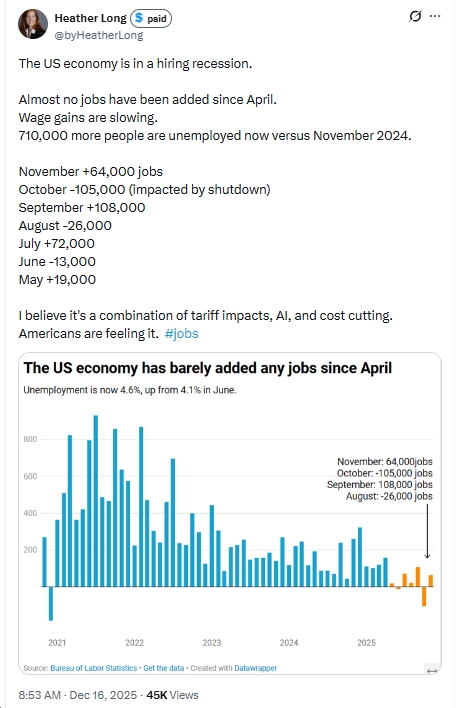
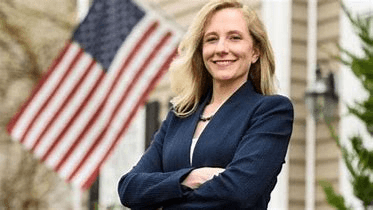
![Virginia NAACP: “This latest witch hunt [by the Trump administration] against [GMU] President Washington is a blatant attempt to intimidate those who champion diversity.”](https://bluevirginia.us/wp-content/uploads/2025/07/gmuwwashington.jpg)
